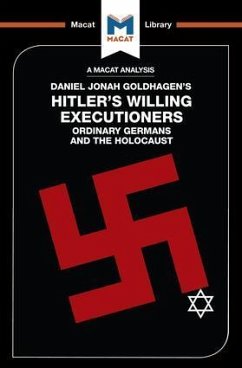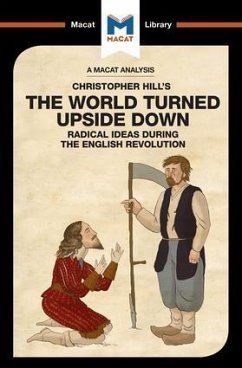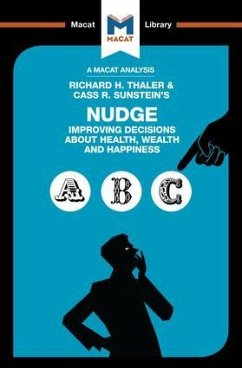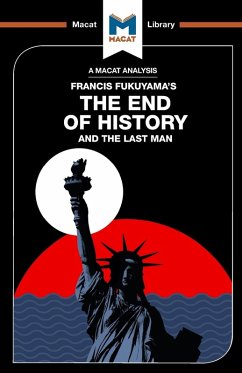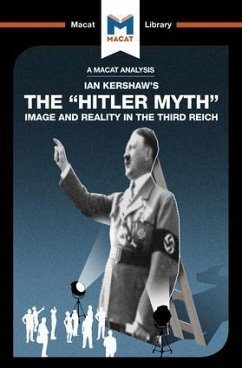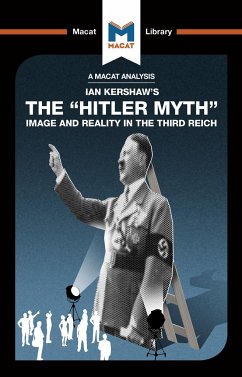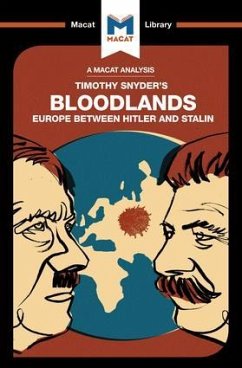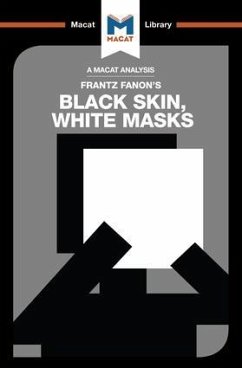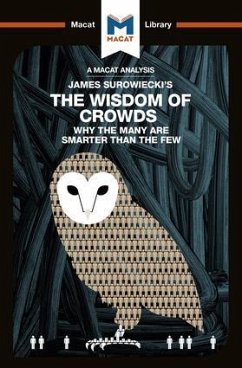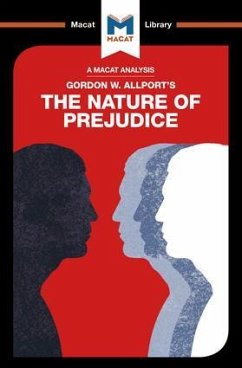
An Analysis of Christopher R. Browning's Ordinary Men
Reserve Police Battalion 101 and the Final Solution in Poland
Versandkostenfrei!
Versandfertig in über 4 Wochen
10,99 €
inkl. MwSt.
Weitere Ausgaben:

PAYBACK Punkte
5 °P sammeln!
Before Browningâ s 1992 book, most Holocaust scholarship focused either on the experience of the victims or on the Nazi political ideology driving the slaughter. Browning investigates something else: the men who carried out acts of extreme violence. Who were they? How could they end up committing such unspeakable acts?




